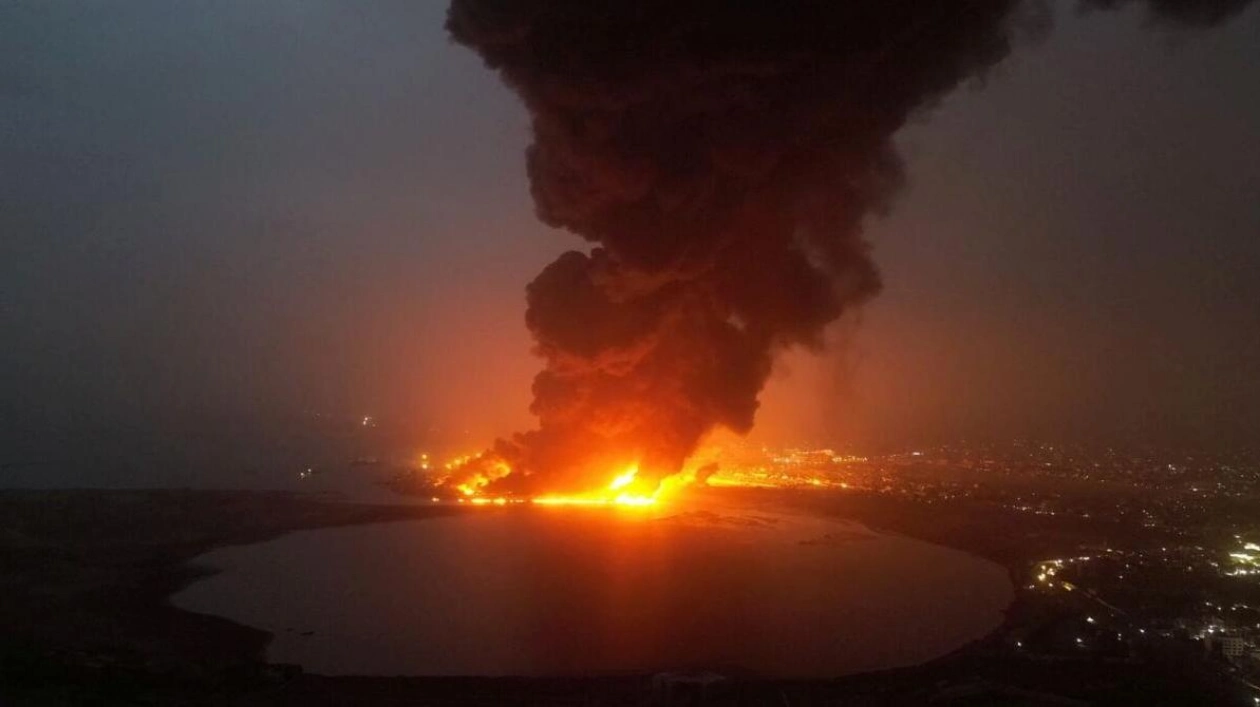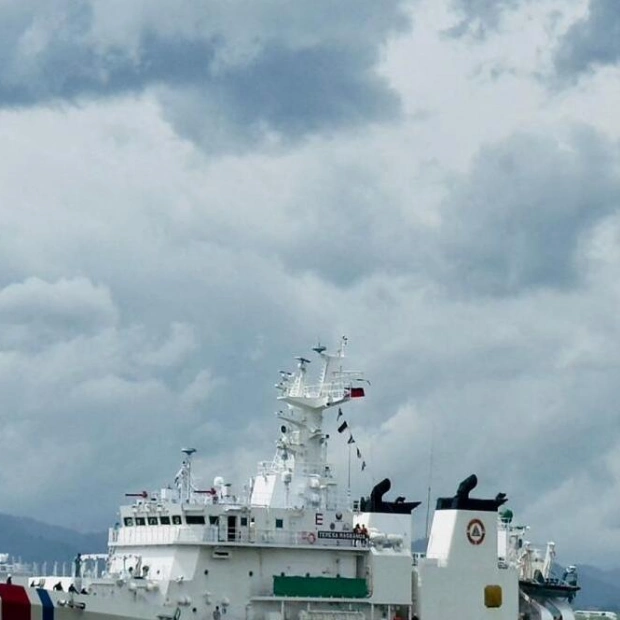Israel reported that its air defenses successfully intercepted a surface-to-surface missile fired from Yemen on Sunday. Concurrently, Yemen's Iran-aligned Houthi movement claimed responsibility for launching several missiles aimed at the Israeli Red Sea city of Eilat.
This incident is a continuation of heightened tensions between Israel and the Houthis, which escalated on Friday when the Yemeni group deployed a drone that struck Tel Aviv's city center, resulting in one death and four injuries. In response, Israeli warplanes conducted an air raid near Yemen's Hodeidah port on Saturday, targeting what Israel described as Houthi military installations. According to medical sources in Yemen, this raid led to six civilian deaths and 80 injuries.
Visual evidence from the attack site depicted a massive fire and thick smoke. The Israeli military confirmed that its Arrow 3 missile defense system had successfully downed the projectile from Yemen before it could enter Israeli territory. Prior to the interception, air raid sirens in Eilat prompted residents to seek shelter.
These events are an extension of the conflict spilling over from the ongoing Gaza war, which has involved regional and global powers. Iran-aligned factions, including the Houthis, have launched rockets and missiles into Israel, citing support for Palestinians and the Hamas-led Gaza regime. Conversely, the United States and its allies continue to support Israel, providing it with military aid.
The Gaza war commenced on October 7 following a Hamas-led assault on southern Israel, which Israeli authorities estimate killed approximately 1,200 people. Since then, Israel has conducted extensive bombings and invasions in Gaza, resulting in nearly 39,000 deaths, according to local health officials. The Houthis, who dominate northern Yemen and other major population centers, have previously asserted attacks on Eilat and other targets in Israel, framing these actions as retaliatory measures against Israel's operations in Gaza.
Additionally, the group has been disrupting Red Sea shipping routes for several months.






